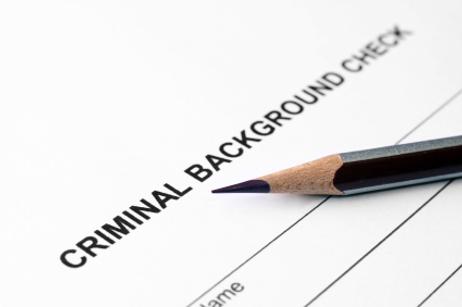Once considered society’s role models, today’s teachers have been caught in a media frenzy of scandalous and questionable behavior. Parents and community members are voicing their justified concerns regarding how public schools evaluate their employees.
While the national statistics regarding teachers and their potential criminal connections are still vague, many cities and school districts have begun implementing their investigations of public school workers. For example, as WTAE Pittsburgh News reports, recent 2007 investigations uncovered a list of criminal convictions in various teachers’ files, including charges of stalking, theft, and assault, among other crimes. Subsequently, more leaders are debating how to evaluate each public school employee’s credentials, integrity, and background more effectively.
Are Schools Engaging in Effective Background Checks?
While all public schools are required to conduct background checks on newly hired teachers, most do not continue to randomly check a teacher’s criminal file once they are added to the school’s payroll system. As a result, some teachers may enter their careers without any record, yet they may commit unnoticed crimes while working for the school.
Adding to this concern, as WTAE News further reveals, many teacher candidates can pass a basic background check – even if their record posts convictions of crimes such as assault, theft, and fraud! Among the 135 teachers with criminal records in Pittsburgh Public Schools, investigators discovered that some of the more severe charges were incidents ranging from possession of heroin and crack to embezzlement charges totaling $7,000. One local teacher even had a current warrant for her arrest!
Adding to the local Pittsburgh discoveries, the WAOI San Antonio News team recently uncovered criminal histories surrounding several teachers. Among some of the offenders found in the schools, WAOI reported one teacher’s history of criminal public lewdness and another teacher’s record of indecent exposure.
How did these crimes go unnoticed by schools conducting background checks? Experts state that the holes in the background check system still allow individuals to pass an assessment when their records consist of simple assault, fraud, and/or theft.
This video explains how schools do background checks on teachers.
How Should Public Schools React?
Based upon recent discoveries of teachers’ secret pasts, a debate is being raised over how schools can conduct criminal background investigations more effectively. In beginning a safer approach to reviewing employee credentials, all public school applicants must meet state and federal background check standards. As the Iowa Department of Public Safety explains, applicants undergo a thorough national evaluation, as all teachers must now have digital fingerprints, an FBI evaluation, and a criminal records assessment of any crimes or violations committed in any of the 50 states. A background check is also conducted locally to investigate any further criminal issues.
While nearly all school and community members agree that teachers and school workers should undergo an extensive criminal background check, some argue that a public school employee’s records should be sealed from the public’s knowledge. For example, many websites are now devoted solely to reporting teachers’ crimes. While the public and students should certainly be informed of any danger surrounding a school employee, many citizens argue that publicizing all criminal blunders only invades the public school workers’ privacy.
Some believe teachers and public workers should be able to manage their misdemeanor crimes, such as disorderly conduct, drug possession, or theft, with greater modesty and privacy. Adding to this, many individuals assert that misdemeanor classifications may often be misinterpreted; for example, if an employee is rowdy at an athletic event, the individual could potentially be cited with a misdemeanor for his or her conduct. As a result, many community members are seeking to negotiate an agreement between providing all parents and students with safe and highly qualified educators versus allowing all community members to invade the private lives of its public school employees.
This video explains why background checks are needed for teachers.
In addition, many believe that schools need to monitor existing staff's criminal activities and records to ensure that all faculty members maintain a proper code of conduct. Ultimately, while most public school teachers possess no form of criminal history, the public continues seeking more extraordinary protective measures to ensure students stay safe.
Questions? Contact us on Facebook. @publicschoolreview











